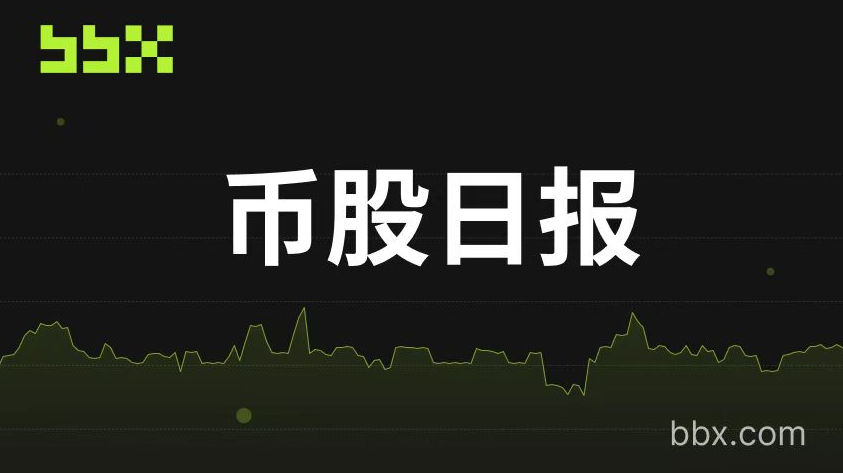France Crypto Tax Expands Wealth Rules to Include Digital Assets
What if your crypto made you rich and the government decided to tax it, even if you haven't sold it? That's just what's happening in France. It has implemented a new law called France Crypto Tax that levies a 1% tax on the total net assets of wealthy investors in excess of €2 million , including digital currencies.
That is a big change from before, as previously France only taxed digital currency when people sold it and made profits. Today, even the value of your unsold crypto can be counted towards your taxable wealth. The law also expects investors to declare all their wallets, including those kept in foreign exchanges.
What the New Law Actually Means
According to this new rule, anyone in the country who has more than €2 million in assets, be it cryptocurrency, property, gold, luxury cars, or art, will pay 1% on the value of the assets over the limit.
Government representatives say that the aim is to reach "unproductive wealth," or which do nothing but sit around without contributing to the economy. Previously, this only applied to real estate, but cryptocurrency is now being viewed in a similar vein to other forms of idle wealth.
Why France Passed this Law
The supporters of the France Crypto Tax argue that it's all about fairness, believing that people keeping their wealth either in digital or luxury wealth should give more to society. The lawmakers further explain that taxing unproductive wealth will surely push people to find better ways of using their money, such as investing in businesses or startups that create jobs.
The government is hoping this law will generate additional revenue for public services and discourage loopholes where the rich avoid taxes by storing value in crypto or other assets.
Why Some People Are Against It
Not everyone agrees with the move. Many in the community say the France Crypto Tax could hurt innovation and discourage investment. They argue cryptocurrency is not "unproductive," because it is funding new technologies and businesses.
Some also argue that investors being required to pay taxation on assets not sold might mean having to liquidate their cryptocurrency simply to pay the bill, which could put unnecessary pressure on the market. Others fear this 1% charges might be only the starting point, with the threshold being lowered later to capture smaller investors as well.
What Investors Should Do Now
If you hold large portions of crypto in France , it's about time to get ready. You will need to:
-
Calculate your total net assets carefully, including your cryptocurrency.
-
Keep track of the value of your portfolio throughout the year.
-
Report all of your wallets, including those on foreign exchanges.
-
Talk to a professional to make sure you're following the new rules.
Transparency and recordkeeping will protect you from fines and other legal consequences when the new tax system starts to be implemented.
Final Thoughts
The France Crypto Tax shows that more and more, governments are beginning to consider digital assets a key part of personal wealth-not just speculative investments. For virtual currency holders, meanwhile, it's a sign that the days of tax-free digital wealth are coming to an end.
The message is clear: if you're holding huge gains on cryptocurrency, you'll now be expected to share a small part of that with the public. Agree with it or not, this new law is a turning point in how countries treat digital assets wealth.
It's a new beginning, really, where digital currency is no longer beyond the reach of traditional tax systems.
免责声明:本文章仅代表作者个人观点,不代表本平台的立场和观点。本文章仅供信息分享,不构成对任何人的任何投资建议。用户与作者之间的任何争议,与本平台无关。如网页中刊载的文章或图片涉及侵权,请提供相关的权利证明和身份证明发送邮件到support@aicoin.com,本平台相关工作人员将会进行核查。




